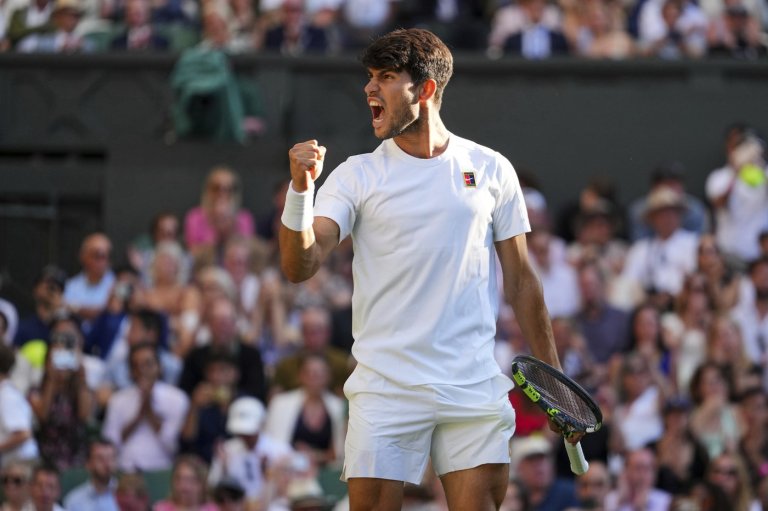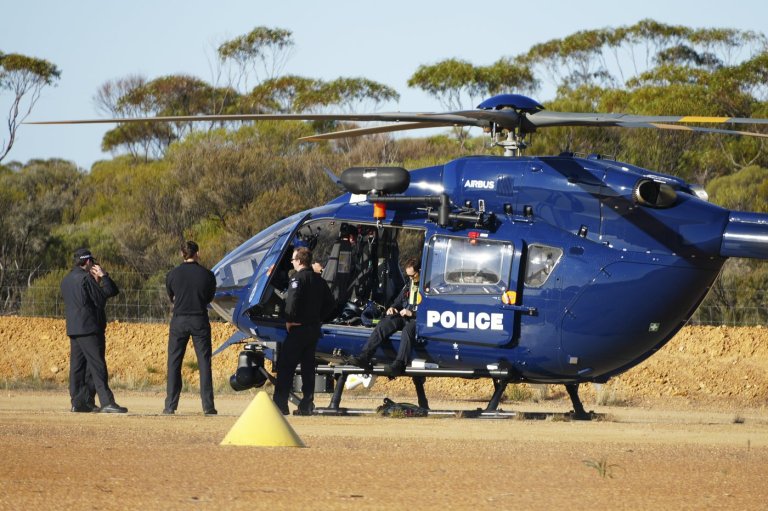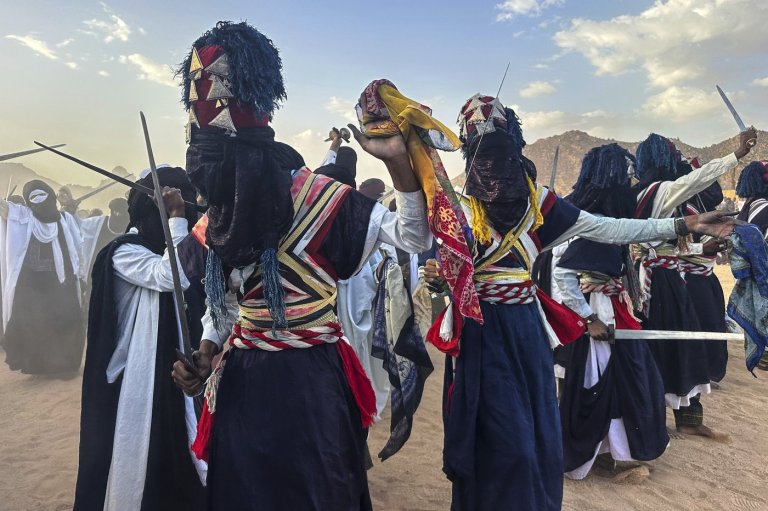Venezuelan government turns book fair into another celebration of Hugo Chavez’s legacy
CARACAS, Venezuela – Near the entrance to Venezuela’s national book fair, an image of the late Hugo Chavez holding a can of paint in one hand and a brush in the other greets visitors. Beside him reads a bright-red message that has also been scrawled on walls all over the country: “I will be present in the struggle.”
Judging by the posters, comics and stacks of books featuring Chavez at the book fair, the larger-than-life leader is living up to those words two weeks after his death from cancer.
An April 14 vote to replace Chavez approaches, and the government is pushing the candidacy of Nicolas Maduro, his hand-picked successor, by inserting the late president into every corner of daily life. That includes the country’s cultural life, and the annual book fair has become the latest example of the government strategy.
“If we are all Chavez, we must be readers and promote that intimate affection that Chavez had for reading,” Maduro said while inaugurating the fair on the patios outside the Teresa Carreno theatre.
Conspicuously absent at the book fair on a recent afternoon were tomes written by the likes of conservative Peruvian author Mario Vargas Llosa or columnist Andres Oppenheimer. Instead, public employees handed out booklets of Chavez’s last televised speech and posters dramatizing his healthier days, with the leader wearing a dark suit and the red, yellow and blue presidential sash.
Opposition politician Julio Castellanos slammed the government for using state institutions and cultural events such as the fair to promote the ruling party’s political agenda. Parties backing opposition candidate Henrique Capriles, he said, have brought their complaints to the National Elections Council, which is charged with ensuring fair elections. Yet that’s the same commission that hosted a giant Maduro campaign rally last week.
“Our complaints regarding the prohibition of propaganda activities by public employees and institutions, which constitute a gross form of electoral opportunism, have fallen on deaf ears,” Castellanos said.
Such legal questions felt a world away at the fair, as Chavistas snatched up the Bolivarian swag.
In the fair’s state-run bookstore, cashiers handed out a comic book chronicling the weeks leading up to the 2002 coup that briefly ousted Chavez. The former paratrooper is depicted masterfully outsmarting the rebellious military leaders who led the coup and staging a triumphant return.
Radio Nacional de Venezuela, one of several state-run radio stations in the country, broadcast live from the fair. In between news updates and sounds bites of Maduro’s latest speeches, pro-government musicians stopped by the station’s cubicle to play tunes praising Chavez.
Luis Felipe Bellorin strummed a guitar as he sang “Caravan: A Song of Peace.”
“From your hands, peace runs across Earth,” Bellorin intoned.
Public employees nearby handed out leaflets that promoted Maduro’s candidacy while exclaiming “Vive Chavez! He’s here! He turned into millions of people and we will continue his legacy.”
“This encourages people to read, and we can thank the government for that,” said Eduardo Cedeno, who was holding a copy of “The Working Class and the Bolivarian Revolution” and government newspaper “El Correo del Orinoco.”
The 56-year-old retiree said that while the fair was clearly directed to Chavez loyalists, “this is open to everyone.”
Chavez himself was a voracious reader, often keeping several books at his side during televised speeches and sharing excerpts with his audience.
In 2009, he spurred sales of Eduardo Galeano’s anti-imperialist polemic “Open Veins of Latin America: Five Centuries of the Pillage of a Continent” by presenting a copy to U.S. President Barack Obama during a regional summit meeting.
Chavez also repeatedly urged Venezuelans to read Victor Hugo’s “Les Miserables” and “Don Quixote” by Miguel de Cervantes, with his government printing over a million copies of the books for free distribution.
Venezuelans, however, have shown little of that same literary bent. An information panel at the fair said the average citizen read as little as two books a year, a quarter of the U.S. average of eight books. Instead, Venezuelans are by far more eager consumers of overheated TV soap operas.
All of which raises the question: How many book fair visitors will actually dig into the discount-priced copies of “The Communist Manifesto” or “Will There Be Peace in Colombia?” a compilation of interviews with Timoleon Jimenez, the commander of Colombia’s largest rebel group.
Christhian Valles, president of a state-run institution that promotes reading and helped organize the fair, said the event’s mission had been accomplished, with more than 100,000 people visiting in 11 days.
“We are on the right path: the promotion of reading,” she said in a statement. “And our main promoter is and always will be President Hugo Chavez.”
___
Christopher Toothaker on Twitter: http://twitter.com/ctoothaker
Join the Conversation!
Want to share your thoughts, add context, or connect with others in your community? Create a free account to comment on stories, ask questions, and join meaningful discussions on our new site.












Leave a Reply
You must be logged in to post a comment.